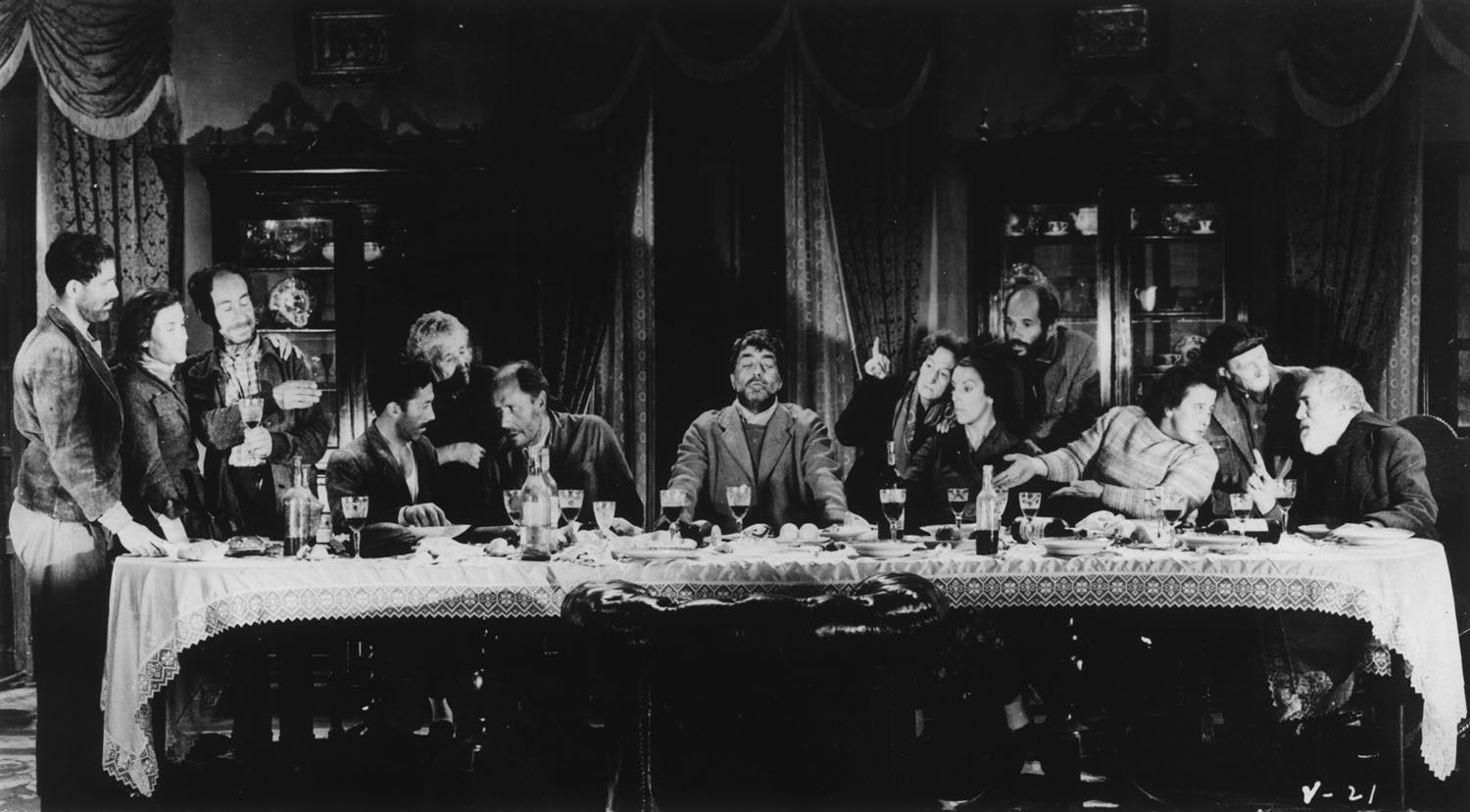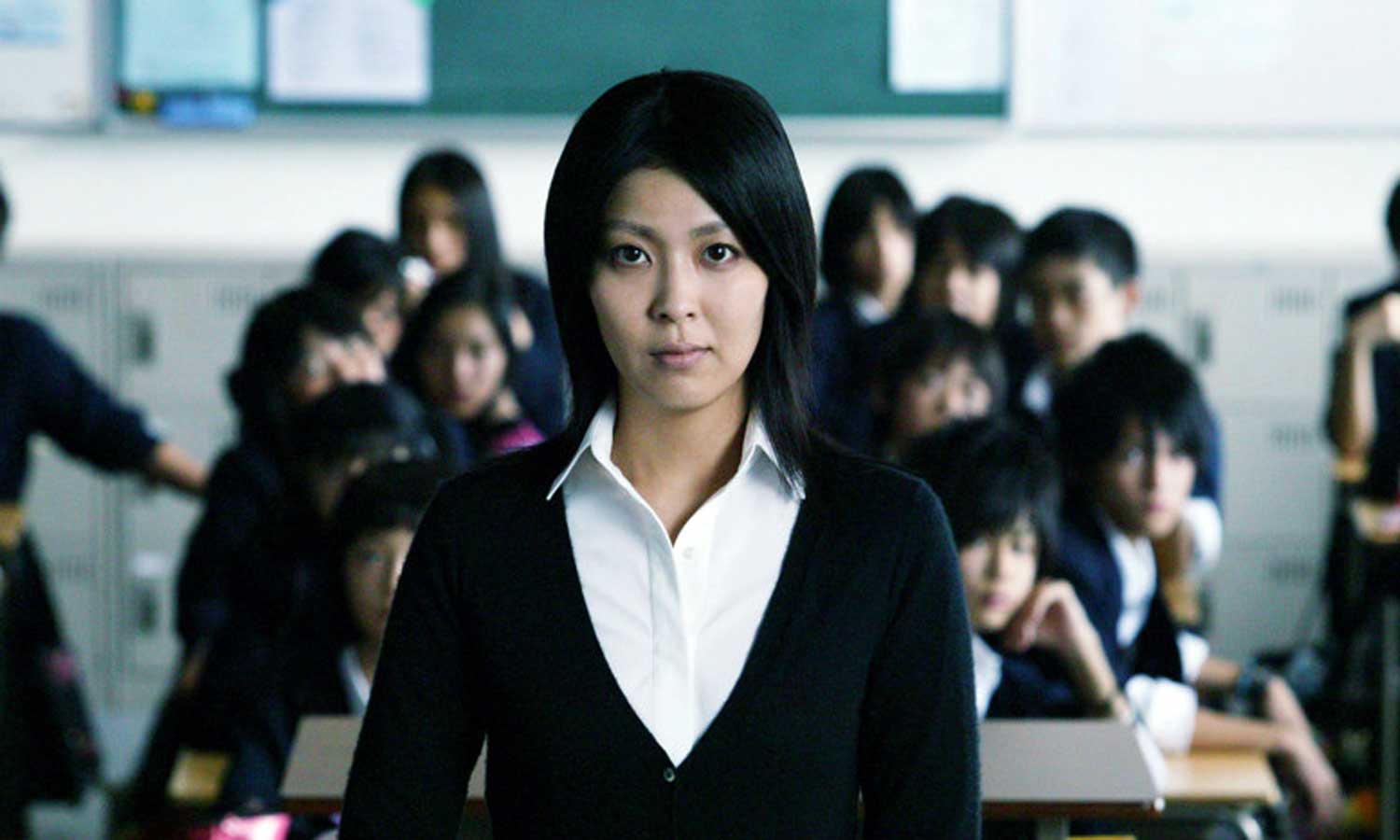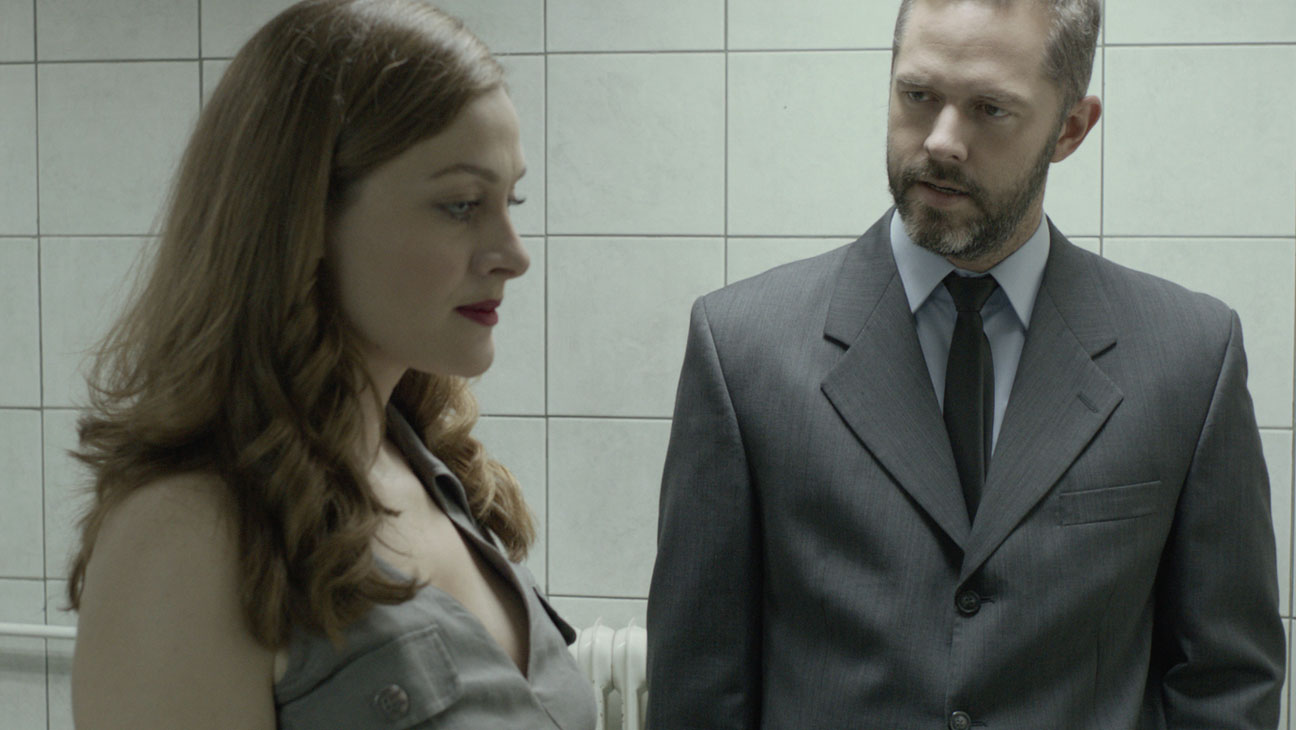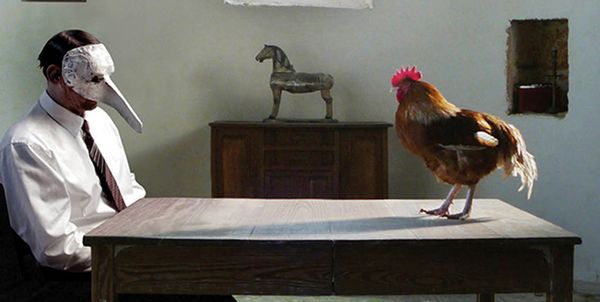5. Viridiana (Luis Buñuel, 1961)

In “Viridiana,” Silvia Pinal plays a nun who needs to pay a visit to an uncle she has never seen before. The man becomes obsessed with his niece as he finds her very similar to his late wife, and begins to try his best to keep her with him. Viridiana, for her part, is a woman who values her Christian faith above all, and always tries her best to help the poor. Unfortunately for her, we will see that this attitude may not always yield good results.
“The Exterminating Angel” is perhaps the film of Spanish filmmaker Luis Buñuel most often mentioned as one of the references to Lanthimos’ works, mainly due to the similarity with “Dogtooth,” since in both films we follow characters who are trapped inside a location. However, it is possible that “Viridiana” is a film that refers even more to the work of the Greek director, mainly because it deals with the exploration of the animalistic side of the human being, the question of incest, and also the question of how good-hearted people can sometimes end up with a tragic ending trying to help people in need.
4. Confessions (Tetsuya Nakashima, 2010)

The first 30 minutes of “Confessions” go by extremely quickly, and throw the viewer headlong into an unconventional situation: one teacher discovers that two of her 13-year-old pupils are responsible for the death of her young daughter. She then decides to initiate a cruel process of revenge in which she will try to impose as much suffering as possible on her daughter’s murderers.
In this very stylized drama with elements of police procedure movies, Tetsuya Nakashima comes very close to the characteristics of Lanthimos’ films, in particular those seen in “The Lobster,” mainly for working peculiarly with the evil side of the characters. The big difference may be in their reaction to their actions: while the characters of Lanthimos don’t seem to care about their actions, or misunderstand their consequences, the protagonists in “Confessions” clearly have several psychological problems that are very well explored by the plot.
3. Miss Violence (Alexandros Avranas, 2013)

“Miss Violence” contains no fantastic, dystopian, or any other features as unusual as some Lanthimos’ films, but it is precisely in the way it addresses an extremely real social problem that Avranas’ film not only approaches the works of his countryman, but it also moves away from simple realistic drama and results in a beautiful narrative that owes nothing to the great contemporary thrillers.
The movie begins with the death of young Angeliki, who, with a smile on her face, falls off the balcony of her building on her birthday. Police investigate the possibility of suicide, while the family insists it is an accident.
As in “Dogtooth,” “Miss Violence” addresses the issue of the role of an insane patriarch in the domain of an entire family, as well as the strangeness of some overly intimate family moments. Against the background of the economic crisis experienced by Greece in recent years, Avranas’ film shows how human beings can decay in situations of extreme difficulty and oppression imposed by the system, even sacrificing their most loved ones.
2. The Fifth Season (Peter Brosens and Jessica Hope Woodworth, 2012)

In a secluded and mysterious village within Belgium, spring simply does not come when it should. This causes a number of problems regarding the nature of the place to start happening and affect the lives of its inhabitants: cows no longer give milk, several animals start to die, and the soil is no longer fertile. In the midst of all this, people die, and the search for the guilty begins to grow more serious as the young Thomas and Alice fall in love and try to live their love story.
Divided by chapters (each referring to a season) the film directed by Belgian duo Peter Brosens and Jessica Hope Woodworth is a fine choice for those interested in the mystery atmosphere seen in some of Lanthimos’ films, such as “Alps” and “The Lobster,” in which little is revealed to us about the context, and gradually we become familiar with the plot. The low-fragmented mise en scene, filled with long static shots, helps to emphasize the awkwardness of some situations.
In addition, “The Fifth Season” is a movie sometimes reminiscent of “Dogtooth” and once again “The Lobster” for exploring the existence of characters who live immersed in a state of alienation from some kind of specific place or society, with their rituals, mysticism, and religious elements, used in creating a universe that seems closed in on itself.
1. Attenberg (Athina Rachel Tsangari, 2010)

Yorgos Lanthimos himself is one of the actors in this movie, but that’s not the only reason “Attenberg” is on this list. Greek filmmaker Athina Rachel Tsangari is one of Lanthimos’ most likened directors, not only because they are from the same country, but also for printing a style very similar to that of her compatriot in her work and dealing with similar topics.
In “Attenberg,” the protagonist Marina is a 23-year-old woman who is still discovering sexuality due to her misanthropic and nihilistic personality. She takes sexuality lessons from her only friend, Bella, and lives with the enigmatic figure of her father, a no less misanthropic architect who plans to bid farewell to the 20th century, which he often emphasizes as overrated. The film closely resembles the atmosphere of “Alps,” the third feature film by Lanthimos, and resembles the director’s other works in dealing with sexual taboos and representing the most absurd and embarrassing side of human social relations.